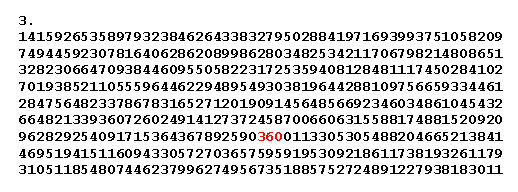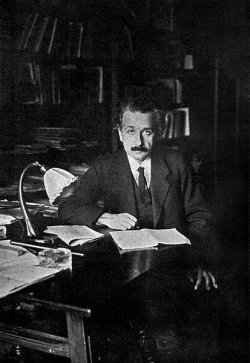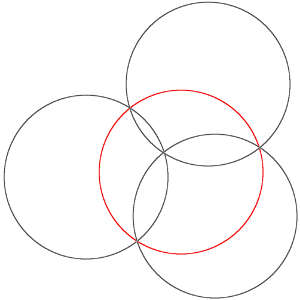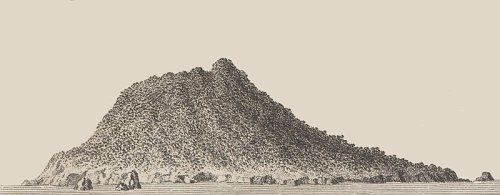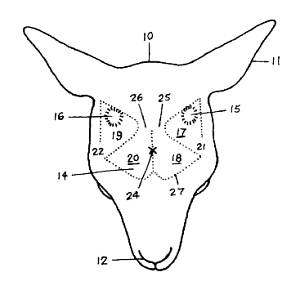
Suppose in some distant forest lightning strikes a dead tree, resulting in a forest fire. In the fire a fawn is trapped, horribly burned, and lies in terrible agony for several days before death relieves its suffering. So far as we can see, the fawn’s intense suffering is pointless. For there does not appear to be any greater good such that the prevention of the fawn’s suffering would require either the loss of that good or the occurrence of an evil equally bad or worse. Nor does there seem to be any equally bad or worse evil so connected to the fawn’s suffering that it would have had to occur had the fawn’s suffering been prevented. Could an omnipotent, omniscient being have prevented the fawn’s apparently pointless suffering? The answer is obvious, as even the theist will insist. An omnipotent, omniscient being could have easily prevented the fawn from being horribly burned, or, given the burning, could have spared the fawn the intense suffering by quickly ending its life, rather than allowing the fawn to lie in terrible agony for several days. Since the fawn’s intense suffering was preventable and, so far as we can see, pointless, doesn’t it appear that … there do exist instances of intense suffering which an omnipotent, omniscient being could have prevented without thereby losing some greater good or permitting some evil equally bad or worse?
— William L. Rowe, “The Problem of Evil and Some Varieties of Atheism,” American Philosophical Quarterly 16.4 (1979): 335-341.

